Which plant repels flies and mosquitoes?
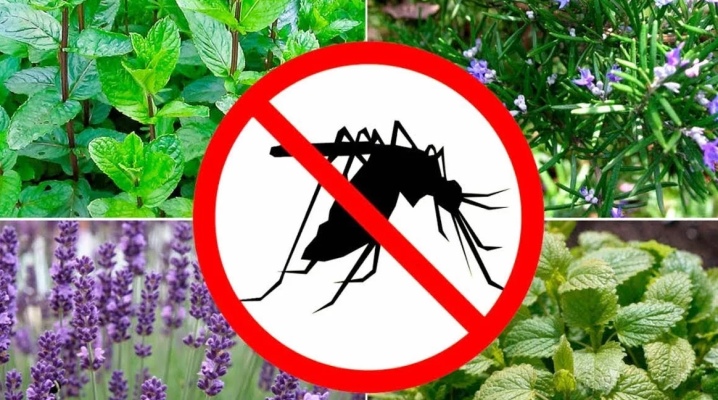
Many residents of country houses, summer residents and not only face such a problem as the abundance of annoying midges and mosquitoes. If you don't want to use special aerosols and other modern means, and midges are too annoying, then you can resort to planting repellent plants that can scare away insects with their specific smell. See below for information on what plants can be used to combat midges and mosquitoes.
What plants help with flies?
There are many plants and herbs that can rid your country house and apartment of annoying flies. Citronella will be the first on the list of such plants. It has a pungent scent that drives away harmful insects. Such a plant can be grown both in soil and in a flower pot.
Another good plant that can ward off flies from your summer cottage is ageratum. This flower is able to secrete a special substance, coumarin, which is included in the composition of some repellents. I plant this plant in a flower garden.
Please note that rubbing your skin with it in order to scare away biting midges from yourself is not worth it, as it often causes an allergic reaction.
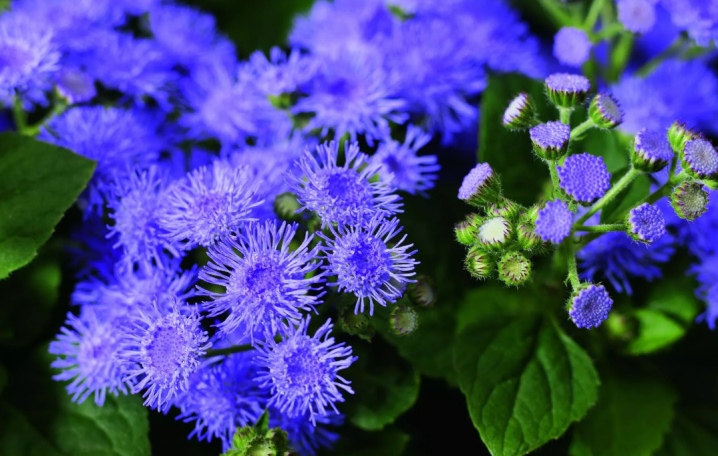
Wormwood is, although a weed, but it, thanks to its aroma, is quite capable of ridding the area of buzzing insects, including not only flies, but also ticks, moths, aphids and caterpillars. In addition, wormwood is also endowed with healing properties.
You can also resort to planting a basilica. Thus, you can not only protect yourself from flies, but also grow a spice that can be used to prepare salads and other dishes. In addition, this plant, due to the presence of a chamber in its composition, will easily scare away mosquitoes, ants and even moths from the site.
Marigolds are another plant that can rid summer residents of flies. It does not require special care, is picky about the ground and feels good regardless of whether it is in the sun or in the shade. The flowers of marigolds are beautiful, harmful insects cannot stand their smell. Moreover, among them not only flies, marigolds are also able to protect the garden from Colorado beetles, nematodes, wireworms and other parasites.
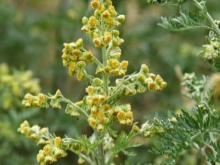

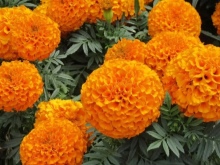
You can also resort to planting a plant such as catnip. It is picky, it can be classified as a weed, but it can actively scare away annoying insects. However, this plant has a side effect, which is why it is often called catnip by the people. It lies in the fact that its aroma actively attracts cats.
Another helper plant is rosemary. Firstly, it will serve as a good seasoning for your dishes, and secondly, it will scare away flies and mosquitoes with its aroma. This plant is suitable not only for planting in summer cottages, but also for growing in the house.
No less often, summer residents resort to planting mint. It can also be used in a variety of foods and drinks, as well as to fight annoying parasites. Mint has a pleasant scent that flies hate. However, this plant has a drawback: it will not be easy to remove it later. Because of this, it is recommended to grow mint in pots. This can be done, especially in winter, at home.
For planting on the site, you can also use onions or garlic.These plants are not only edible, but also perfectly scare away flies, midges and mosquitoes with their specific and pungent aroma.
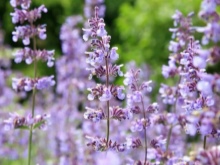
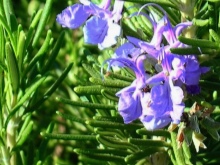
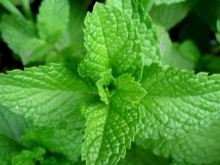
What to plant in the area from mosquitoes and midges?
On the street, you can plant repellent trees or shrubs, the smell of which repels insects. Usually, such vegetation is planted around the perimeter of the site in order to provide it with full protection.
So, walnuts are among the insect-repelling trees. However, this plant requires proper care. It absolutely does not tolerate frost and loves an abundance of light, which must be taken into account when caring for a tree. In turn, the plant will delight you not only with the nut, but also with the elimination of parasites.
Intrusive insects are also afraid of the smell of fragrant bird cherry. The big advantage of this tree is its unpretentiousness in terms of care and place of growth. Plus, the plant has healing properties, and its smell can spread over large areas.
You can also plant a shrub like castor oil plant, which looks vaguely like a palm tree. This plant is able to scare off not only midges and mosquitoes, but also wasps. However, be careful, castor oil plant is a poisonous plant for humans and animals.
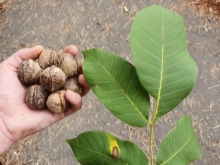
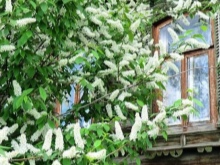

Another plant that can save the site from mosquitoes is catalpa. It is able to decorate the site with its appearance, and at the same time scare off parasites with its aroma. Please note that the plant requires high-quality and careful care. When planting it, you need to take into account that it loves light very much and has a reduced resistance to winds.
The well-known pine tree, which can be planted in a summer cottage as an ornamental tree, can also help in the fight against insects. It will serve as a good decoration and at the same time scare away harmful insects with its aroma. When planting a plant, it should be borne in mind that it is photophilous.
It is worth paying attention to such a plant as narrow-leaved lavender, which grows well in the conditions of our country. Mosquitoes and midges are very sensitive to odors and, smelling the lavender scent, try to fly around the area with this plant in a meter and a half.
Besides, you can also plant a eucalyptus tree on the site. This plant can protect you and your site from harmful insects, but when planting it, there are some factors to consider. So, eucalyptus of any variety loves light, however, among the species there are those that have increased frost resistance or, conversely, are thermophilic and do not tolerate frost. At the same time, keep in mind that a tree can grow up to 100 meters.
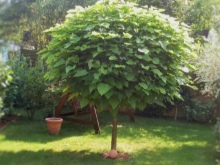
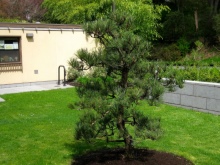
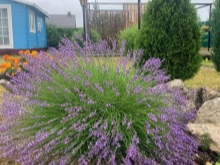
How to use it at home?
The use of chemicals to combat parasites in a house or apartment is not safe for the people who live there, and therefore the best solution would be to resort to the safest methods, namely, to grow indoor plants that can scare off annoying insects.
These plants include pelargonium or home geranium. This is a fairly undemanding flower in terms of care, which blooms for a long time and abundantly, delighting with beautiful flowers of the eyes, and is able to scare away midges with its specific smell. There are many varieties of home geraniums, from which you can choose something to your taste and for any growing conditions.
Another plant to grow at home is the lemon tree. It perfectly scares off midges with its aroma, however, it should be borne in mind that the plant loves high-quality care and is not a big fan of low temperatures, due to which its metabolic processes are disrupted.
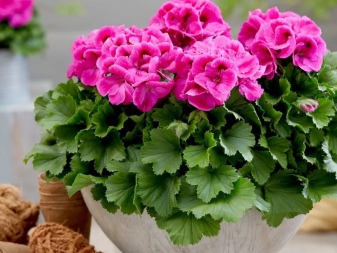
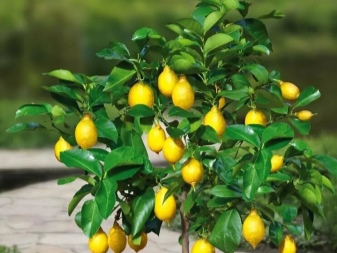
In addition, with a lack of substances necessary for planting, drafts, heat, lack of light in winter, increased dryness and excess or, conversely, a shortage of water, drying of the ovaries of a house tree can be observed, which can lead to its death.
At home, you can also resort to planting room mint or plectrantus. Firstly, this plant is an excellent repeller of mosquitoes, midges and flies. Secondly, it is also used for medicinal purposes. Its leaves are suitable for creating remedies for a wide variety of diseases. It is best to grow Plecrantus in semi-shaded areas, watering it regularly and abundantly, while trying to avoid excess water.
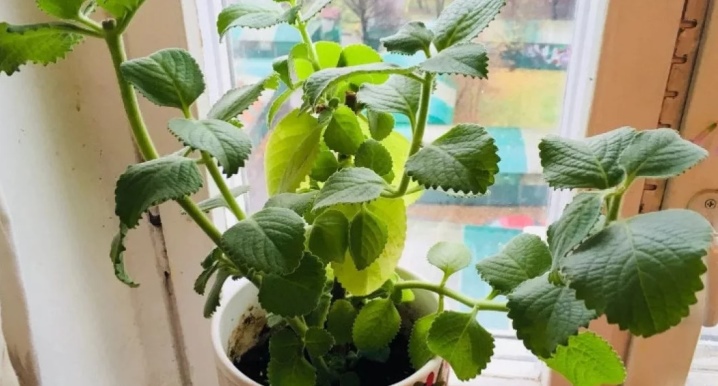













The comment was sent successfully.